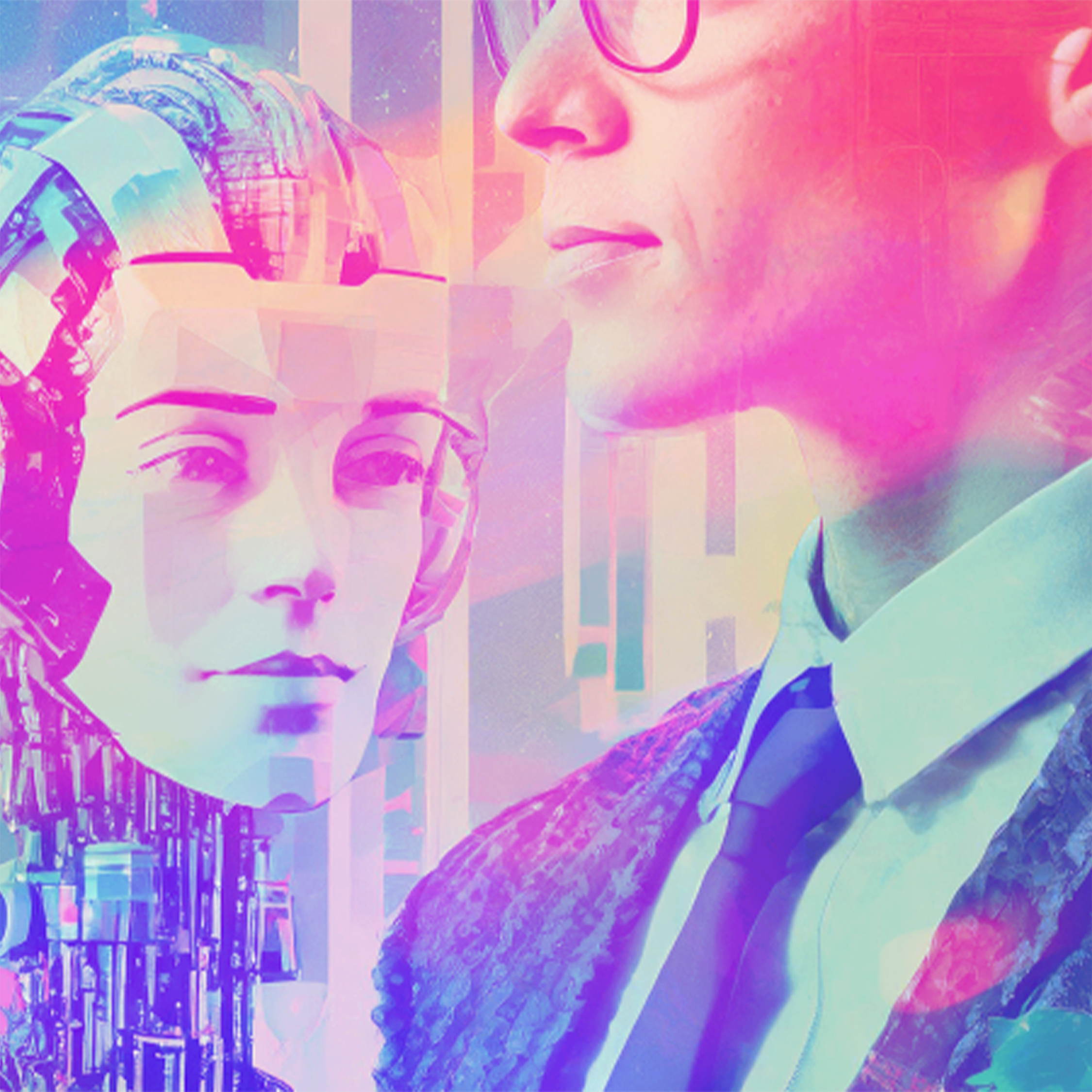
Deep Dive
Why are deepfakes a significant concern for individuals, particularly women, despite having little impact on politics?
Deepfakes are a significant concern for individuals, especially women, because they are often used to create and disseminate non-consensual pornography, leading to humiliation, discrediting, and destruction of lives. This is a human rights issue that affects real people, yet it receives less media attention compared to political concerns.
Why does Walter Scheirer believe decentralizing the internet could be a positive step forward?
Walter Scheirer believes decentralizing the internet could be a positive step because it would allow more localized control over the infrastructure, similar to the bulletin board systems of the 1980s and 1990s. This model could foster healthier communities and reduce the global reach and influence of large social media platforms.
Why did Megan O'Giblin explore automatic writing and hypnosis during her writer's block?
Megan O'Giblin explored automatic writing and hypnosis to tap into her unconscious and bypass her overthinking, which was hindering her creativity. She was curious about producing language without conscious control and seeking external meaning or guidance in her life.
Why do some tech leaders like Elon Musk and Sam Altman aim to create artificial general intelligence (AGI)?
Tech leaders like Elon Musk and Sam Altman aim to create AGI because they are influenced by the idea of the singularity, where AI surpasses human intelligence and can solve complex problems like climate change and disease. They see AGI as a tool to create a new kind of intelligence that could provide answers and solutions that are difficult to achieve through human thought alone.
Why does Su-Gwen Chung treat AI and robots as collaborators rather than tools in her art?
Su-Gwen Chung treats AI and robots as collaborators rather than tools because she believes in the creative potential of human-machine interaction. Her art aims to open dialogues about the dynamics between humans and machines, and she finds value in the error states and unpredictability that arise from these collaborations.
- The current internet's centralized design contributes to the spread of misinformation and deepfakes.
- Decentralization, returning to localized networks, is proposed as a solution.
- This approach would empower amateurs and improve the internet's health.
Shownotes Transcript
AI can do amazing things – write your term papers, sequence your genes, maybe replace your therapist. But even super-intelligence has limits. So, does AI really have a mind — or a soul? We'll explore the frontiers of artificial intelligence — from robots painting masterpieces to software engineers trying to create god-like machines.
Original Air Date: March 30, 2024
**Interviews In This Hour: **Stop worrying about deepfakes) — Does AI have a soul?) — Can robots paint a masterpiece?)
**Guests: **Walter Scheirer), Meghan O’Gieblyn), Sougwen 愫君 Chung)
Never want to miss an episode? Subscribe to the podcast.)*Want to hear more from us, including extended interviews and favorites from the archive? *Subscribe to our newsletter.)